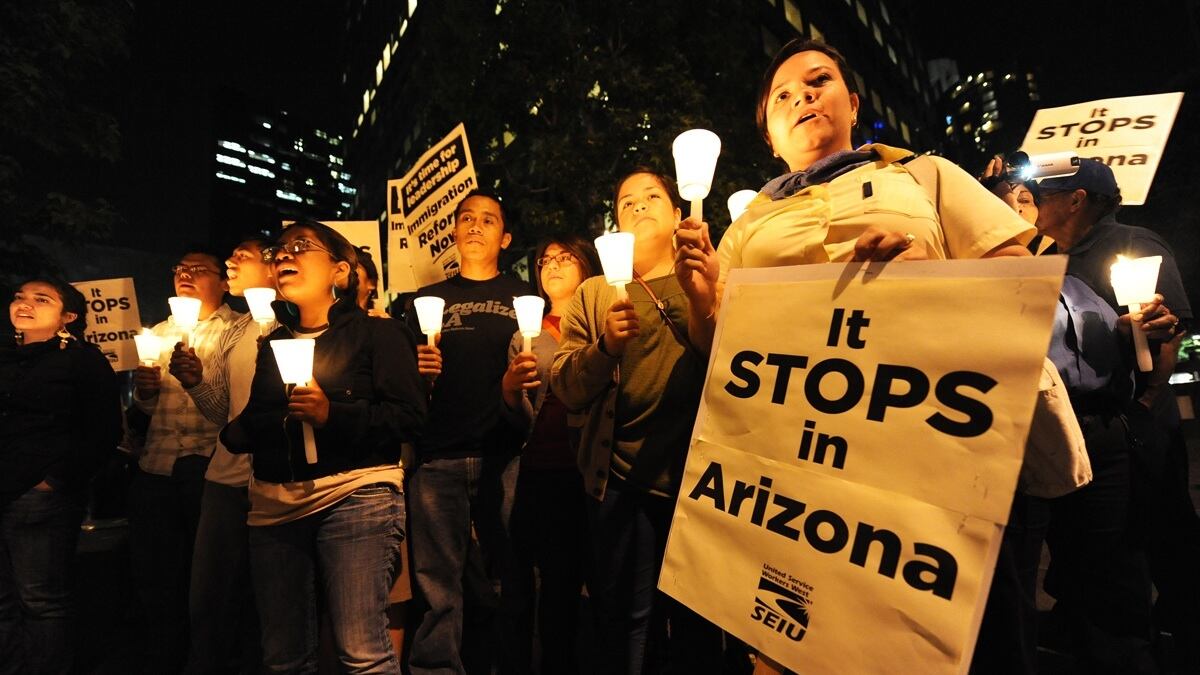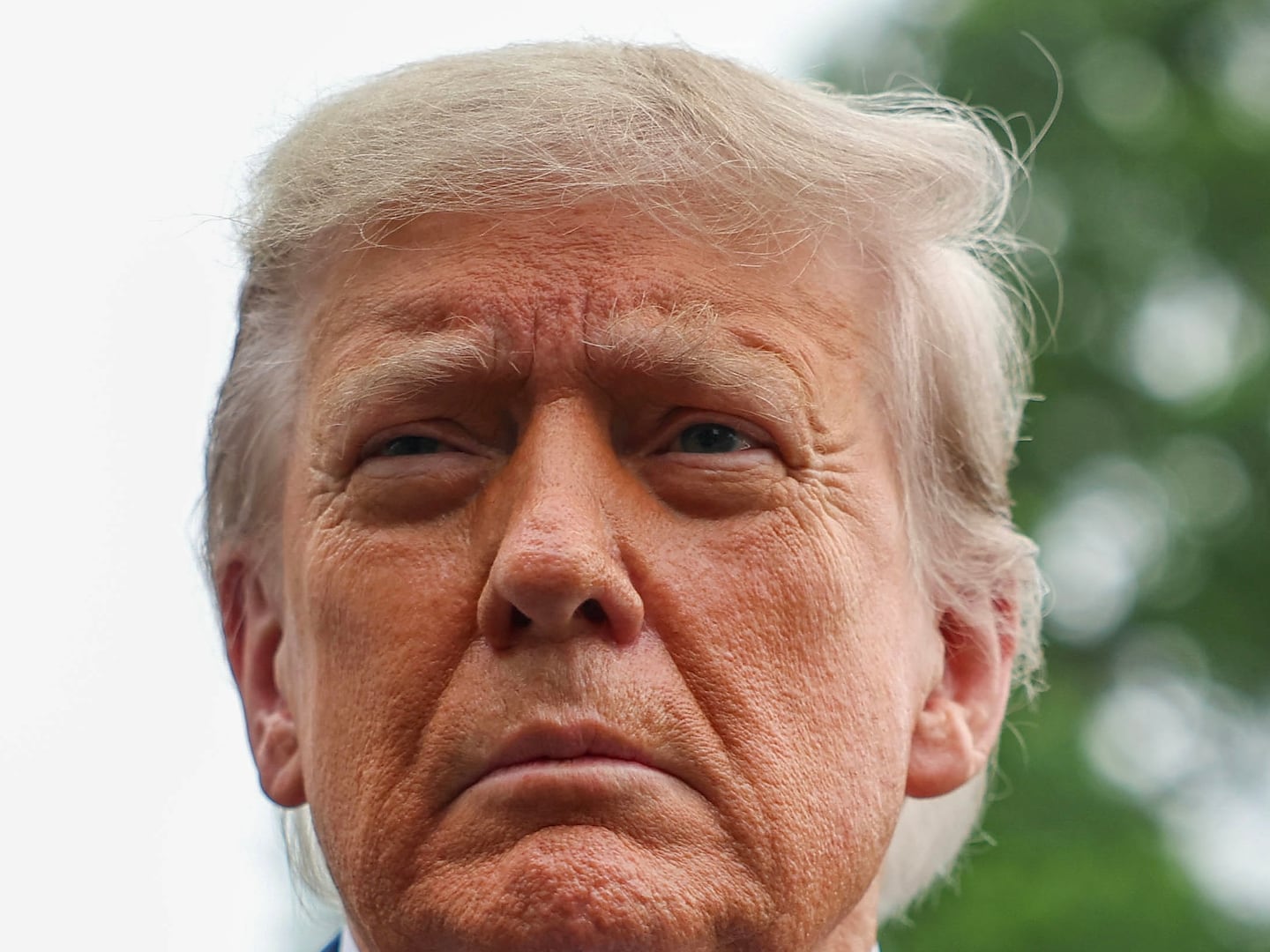
Many Republicans worried about the party's poor performance among Hispanics have urged a rethink of the party's position on immigration. Back in the 2000s, this was the view urged by John McCain and George W. Bush.
And here's where we meet the limits of the Resurgent Republic infographic.
America's growing Hispanic population increasingly votes Democratic for economic reasons. The Hispanic population is poorer than the American norm—median household income of about $38,000—and favors more activist government. The hope that Republicans could win votes among them by championing more open immigration was always delusive. The thinking behind that hope was based on stereotypes: Mexico is a heavily Catholic country, therefore Mexican immigrants should vote for the pro-life GOP on cultural grounds—even though actual Mexican-American voters have amply demonstrated a preference for the Democratic party on substantial economic grounds.
This mismatch between GOP assumptions and Hispanic voting preferences is widening in the age of the Tea Party.
How does the Ryan plan sound from the point of view of a Hispanic voter: surely it sounds like a plan to tax younger Hispanics to pay for the Medicare benefits of white retirees and near-retirees—and then yank away the full Medicare benefits just when Hispanics begin to qualify for it in large numbers?
Marco Rubio may imagine that he can make this mismatch go away by endorsing some version of the DREAM Act. He's kidding himself.
Hispanic Americans have been hit hard by the economic downturn. They rely more than the average on social benefits to sustain them through unemployment. They want activist government to create jobs. More often than the national norm, their own labor earns too little to buy health insurance. They will need government help to buy insurance—and they will not look benignly on the party that wants to deprive them of their insurance.
Loose immigration is bad public policy. Loose immigration lowers average skill levels, increases poverty, and stirs demand for government services.
Loosening immigration further is a strange way to counter-act the ill effects of past immigration.
Immigration restriction plus intensified efforts to improve the skills and raise the pay of the immigrants already here is the right answer. And because that skill-raising process is likely to be slow—measured not in years or decades, but generations—part of the price of past immigration decisions will be a bigger state in the future, including some form of national health insurance program: if not Obamacare, then still something.
But a party that imagines it can omit to provide the services that poor immigrants need, while passing amnesties that induce more poor immigrants to enter the country, is betting its future on a policy equivalent to losing on every sale, and hoping to make up the loss on volume.






